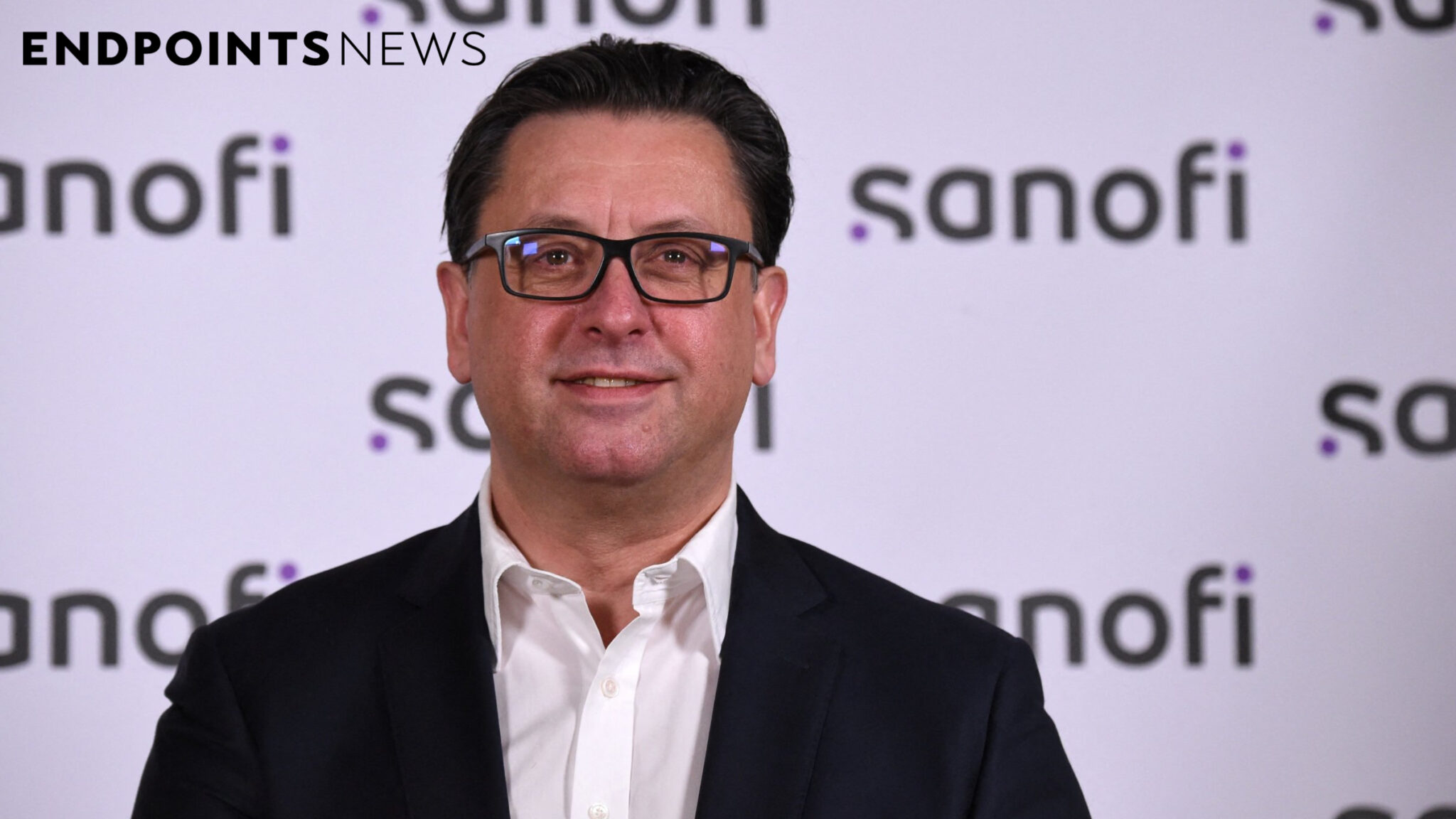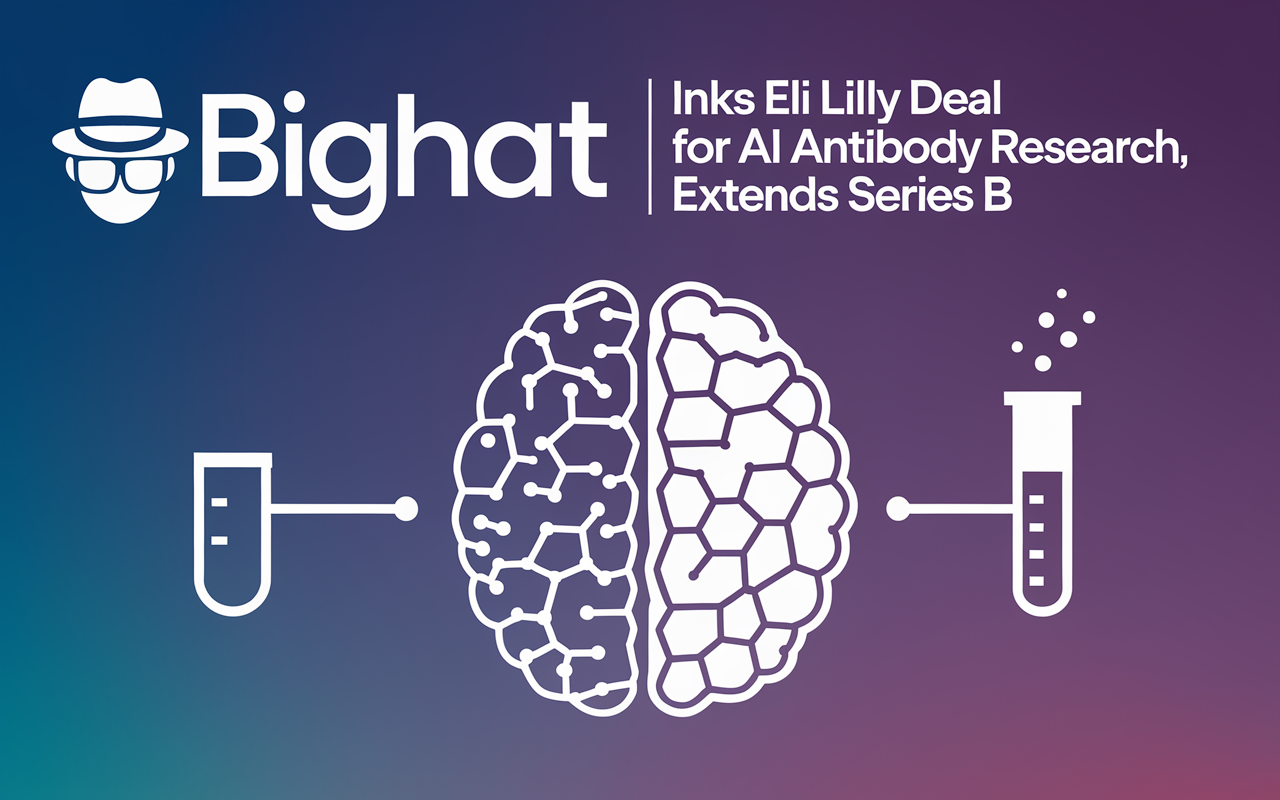Welcome BioPharmaPulse Readers
Greetings, BioPharmaPulse community!
In today's rapidly evolving biopharma landscape, staying ahead of the curve is more crucial than ever. This issue delves into groundbreaking advancements that are shaping the future of healthcare.
What's in this issue:
- 🚀 Eli Lilly's breakthrough in oral diabetes treatment
- 🧬 Sanofi's bold move in immunology innovation
- 🤖 How AI is accelerating antibody research
- 💡 GSK's myeloma drug makes a comeback
Quote of the Day
"The science of today is the technology of tomorrow." – Edward Teller
Latest Developments
🚀 Eli Lilly's Oral GLP-1 Drug Shows Promising Phase 3 Results (2-minute read)

Rundown: Eli Lilly announced that their oral GLP-1 drug, orforglipron, demonstrated efficacy comparable to the injectable Ozempic in lowering blood glucose levels and promoting weight loss in Phase 3 trials. This marks a significant milestone in diabetes treatment, offering patients a more convenient oral option.
Key Points
- 💊 Orforglipron is the first oral GLP-1 receptor agonist to show such promising results.
- 📈 Patients experienced significant reductions in HbA1c and body weight.
- 🩺 The safety profile was consistent with existing GLP-1 therapies.
- 🌍 Potential to improve accessibility and adherence for diabetes patients worldwide.
Why it matters: This development could revolutionize diabetes management by providing an effective and convenient oral alternative to injectable therapies, potentially improving patient compliance and outcomes.
🧬 Sanofi Invests $125M in Earendil Labs for Immunology Drugs (2-minute read)

Rundown: Sanofi is partnering with Earendil Labs, investing $125 million upfront for two bispecific antibodies targeting autoimmune and inflammatory bowel diseases. This collaboration aims to advance immunotherapy treatments that could address unmet medical needs.
Key Points
- 🤝 Sanofi gains access to Earendil's innovative bispecific antibody platforms.
- 🔬 Targets include TL1A and IL-23, key players in immune response.
- 🌐 Potential to develop treatments for conditions like Crohn's disease and ulcerative colitis.
- 💰 Deal includes milestones that could total up to $1.8 billion.
Why it matters: This partnership underscores the importance of collaboration in accelerating the development of novel therapies for complex immune-mediated diseases, offering hope to patients with limited treatment options.
🤖 BigHat and Eli Lilly Collaborate on AI-Powered Antibody Research (2-minute read)

Rundown: BigHat Biosciences has inked a deal with Eli Lilly to utilize AI in antibody research. This collaboration aims to accelerate the discovery and development of next-generation antibody therapies using BigHat's AI-driven platform.
Key Points
- 🤖 BigHat’s platform integrates AI with high-speed wet lab automation.
- 🧪 The focus is on designing antibodies with improved safety and efficacy.
- 💰 BigHat extended its Series B funding to support this initiative.
- 🚀 Potential to shorten development timelines for antibody therapeutics.
Why it matters: Leveraging AI in drug discovery can significantly expedite the development process, potentially bringing effective therapies to patients faster and transforming the pharmaceutical landscape.
Question of the Day
🧐 How do you think AI will most impact the future of biopharmaceutical research?
Trending
🌐 Netherlands Invests $1.5B to Become Biotech Leader
- The Dutch government commits significant funding to bolster biotech innovation, aiming for global leadership by 2040.
💊 GSK's Blenrep Returns in the UK
- GSK's multiple myeloma drug Blenrep secures UK approval after previous market withdrawal, offering new hope for patients.
🏭 Bayer Expands Manufacturing in the US
- Bayer opens a $44 million expansion in Pennsylvania, enhancing production capabilities for future therapies.
Industry Insight
🔬 The Rise of Bispecific Antibodies in Immunotherapy
The development of bispecific antibodies is revolutionizing immunotherapy by allowing a single therapeutic agent to target two different antigens simultaneously. This innovation enhances the precision and effectiveness of treatments for complex diseases like cancer and autoimmune disorders.
By bridging immune cells to diseased cells, bispecific antibodies can more efficiently direct the body's immune response, potentially improving patient outcomes and paving the way for next-generation therapies.
Quick Hits
🚫 FDA Announces Policy Change on Advisory Committees (2-minute read)
- FDA Commissioner Makary states that industry representatives will be removed from FDA advisory panels, aiming to reduce conflicts of interest.
🔄 Roche Adjusts Huntington’s Drug Trial (2-minute read)
- Roche discontinues the low dose in its tominersen trial for Huntington’s disease, focusing efforts on the high dose following data recommendations.
💼 Sarepta's CMO Joins RNA Editing Startup (2-minute read)
- Sarepta Therapeutics' Chief Medical Officer departs to join AIRNA Bio, a startup specializing in RNA editing technologies.
⚖️ AstraZeneca’s Alexion Faces Lawsuit Over Soliris Patents (2-minute read)
- EmblemHealth accuses Alexion of improperly extending Soliris' monopoly through fraudulent patents, impacting competition.
🦠 FDA's Plan to Regulate Lab-Developed Tests Blocked (2-minute read)
- A judge halts the FDA's efforts to regulate lab-developed tests, causing uncertainty in the diagnostics industry.
Wrap Up
Thank you for joining us on this journey through the latest in biopharmaceutical innovation. The advancements highlighted today showcase the incredible strides our industry is making toward improving global health.
Stay curious and keep exploring the forefront of biopharma breakthroughs. If you found this newsletter insightful, feel free to share it with your colleagues and friends.
Until next time,
Elliot Reeves | BioPharmaPulse
📨 How did you like today's email?
- 😃 Loved it
- 🙂 It was OK
- 😕 Could be better
